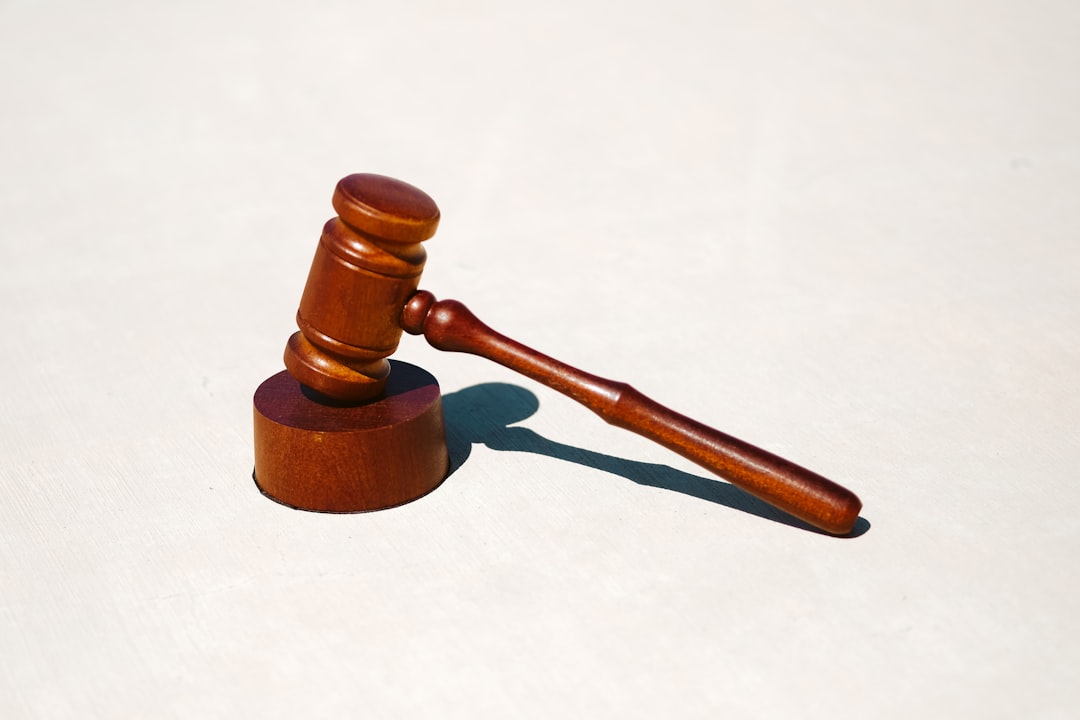In Chicago, understanding consent and informed permission is crucial in massage spa cases. Massage therapists must obtain explicit agreement before treatment and inform clients about techniques, risks, and alternatives. Professional negligence by healthcare providers, leading to physical or psychological harm, is a legal issue. Illinois laws protect clients' rights, establish accountability, and empower victims to seek justice through specialized massage abuse attorneys. Victims can report incidents to law enforcement and pursue civil litigation for compensation and trauma recovery.
In Chicago, spa-goers deserve a safe, professional experience. However, incidents of massage abuse—ranging from sexual misconduct to negligence—can have devastating consequences. Understanding common legal terms is crucial for victims navigating these cases. This article demystifies key concepts like consent, informed permission, professional negligence, and state laws protecting spa clients. If you’re seeking justice as a victim of massage abuse in Chicago, connect with experienced massage abuse attorneys who can guide you through your options.
Understanding Consent and Informed Permission in Massage

In any legal case involving Chicago massage spa abuse, understanding consent and informed permission is paramount. Consent refers to a willing, voluntary agreement to engage in a particular activity, and it’s crucial in the context of therapeutic massages. Before administering any treatment, massage therapists must obtain explicit consent from their clients. This ensures that individuals are aware of the nature of the services they’re receiving and can make informed decisions about their bodies.
Informed permission goes hand in hand with consent. It involves providing clients with clear and comprehensive information about the massage techniques, potential risks or side effects, and alternative treatments available. Massage abuse attorneys in Chicago, IL, emphasize that this process isn’t just a legal requirement but also an ethical responsibility to protect clients from harm and maintain their trust.
Defining Professional Negligence in Spa Settings: Legal Perspective

In the context of Chicago massage spa abuse cases, understanding professional negligence is paramount for both victims and legal professionals alike. From a legal standpoint, professional negligence occurs when a healthcare provider, such as a masseuse or spa employee, fails to meet the accepted standards of care expected within their profession. This standard varies according to each discipline but generally involves adhering to recognized practices, maintaining proper training, and ensuring client safety during services.
Massage abuse attorneys in Chicago, IL, often argue that negligence arises when a spa worker’s actions or inactions result in harm to the client. This may include physical injuries due to improper techniques, failure to assess a client’s medical conditions, or causing psychological distress through inappropriate behavior. Proving professional negligence in court requires comprehensive knowledge of both legal principles and industry standards, making it crucial for victims to consult massage abuse attorneys who specialize in these complex cases.
Sexual Misconduct: Recognizing and Addressing Massage Abuse

Massage abuse can take many forms, including sexual misconduct, and it’s a serious issue that requires immediate attention. In Chicago, where the spa and wellness industry is thriving, recognizing and addressing massage abuse is more critical than ever. If you’ve experienced any form of inappropriate or non-consensual behavior during a massage, it’s essential to understand your legal rights.
Sexual misconduct in massage settings can range from unsolicited sexual advances to forced sexual acts. It’s crucial for clients to be aware of their consent rights and for spa employees to adhere to strict professional boundaries. If you suspect or have experienced massage abuse, Chicago massage abuse attorneys are equipped to help. They can provide guidance, support, and legal representation to ensure justice and accountability.
The Role of State Laws in Protecting Spa Clients in Chicago

In the context of massage spa abuse cases, state laws play a pivotal role in safeguarding clients’ rights and ensuring accountability for any misconduct or negligence. Illinois, specifically Chicago, has established legal frameworks to protect individuals from harm during therapeutic services, including massages. These laws are designed to provide clarity on professional standards, consent, and liability, thereby empowering clients to seek justice if they experience abuse or mistreatment.
Understanding the relevant state laws is crucial for those seeking redress through massage abuse attorneys in Chicago, IL. The legal system offers various protections, such as licensing requirements for spa professionals, rules governing informed consent, and provisions for civil litigation. These measures collectively foster a safer environment for clients, enabling them to make informed decisions during their spa experiences and hold negligent or abusive parties accountable.
Seeking Justice: Rights of Victims and Options for Legal Action

When a person experiences massage abuse, seeking justice can feel like an overwhelming process. In Chicago, victims have rights and options for legal action against massage spas or therapists who engage in misconduct. The first step is to report the incident to local law enforcement, who will investigate the allegations. This is crucial not only for potential criminal charges but also as a record of the abuse, which can be valuable for any future legal proceedings.
Victims may choose to seek compensation through civil litigation, where massage abuse attorneys in Chicago, IL, can help navigate the complex legal system. This involves filing a lawsuit against the spa or therapist, presenting evidence of the abuse, and arguing for damages that cover physical and emotional trauma, medical expenses, and other relevant costs. Having qualified legal representation is essential to ensuring victims’ rights are protected and that they receive the justice and restitution they deserve.





